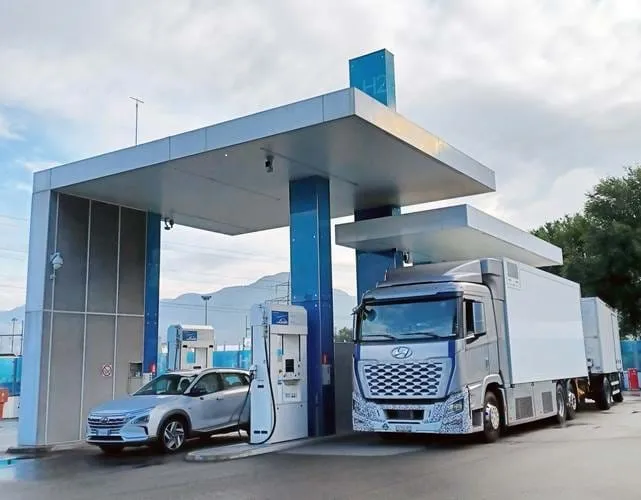The results of two one-year electric vehicle (EV) trials carried out in the Netherlands and Sweden were presented at the European Electric Vehicle Congress (EEVC) 2012. All aspects of EVs were taken into account during these trials; results show that after an EV is integrated in people’s daily use, most preconceptions are proved wrong.
In the Netherlands, the Dutch government carried out field tests with the Dutch government’s Public Works department,
To gain insight into the costs, environmental impact, use, deployment, maintenance and other aspects, twenty-four EVs and two PHEVs (plug-in hybrid EVs) were monitored over a one year and the users were asked to provide feedback on their experience of EV driving.
Researchers found that an electric vehicle driving 15,000 km annually will tend to consume on average 4327 kWh per year. By comparison, an average Dutch household consumes 3480 kWh per year. Compared to the total Dutch consumption of 121,815,000 MWh per year, the estimated number of EVs on Dutch roads in 2020 would consume 865,400 MWh, or 0.7% of total Dutch consumption.
User surveys found that that electric cars are seen as much quieter, and that EVs will eventually been seen as a conventional car. There were no instances of accidents during the test that can be attributed to the absence of car noise.
A total of 233,000 electric kilometres were covered in the field test, with reduced emissions of: 333 g particulate matter; 5.6 kg NOx; and 15.1 tonnes CO2 net. For the estimates 200,000 electric cars travelling15,000 kilometres per year this equates to: 3,214 kg particulate matter; 71,928 kg NOx; and 196 kilotonnes CO2.
Users in the test drove on average short journeys and used energy well below the maximum battery capacity, mainly due to range anxiety. Their perception of EVs changed during the trial: for example, the question “would you recommend electric driving to colleagues for work travel?” was marked at just 4.8 out of 10 at the beginning, but 7.7 on average at the end of the trial.
The trials in Sweden were carried out by the Royal Institute of Technology of Stockholm (KTH), where fifty electric vehicles had been tested during the year. Thirty private and public organisations were involved.
In the first seven months of the trial, 85 per cent of journeys were less than 40 km, but the trend changed in the last five months, when only 75per cent of journeys were less than 40 km as the testers became more familiar with their EV and were able to maximise the driving without fear of having an empty battery.
The predominant charging mode was 230V, 10A. 87.3 per cent of testers reported that this was satisfactory.
61.4 per cent of users said that their driving behaviour has changed. They drive an EV more carefully and in a more relaxed manner, especially at low speeds when the propulsion is very quiet.
At the end of the trial, approximately two-thirds of the respondents requested more EVs at their workplace.








